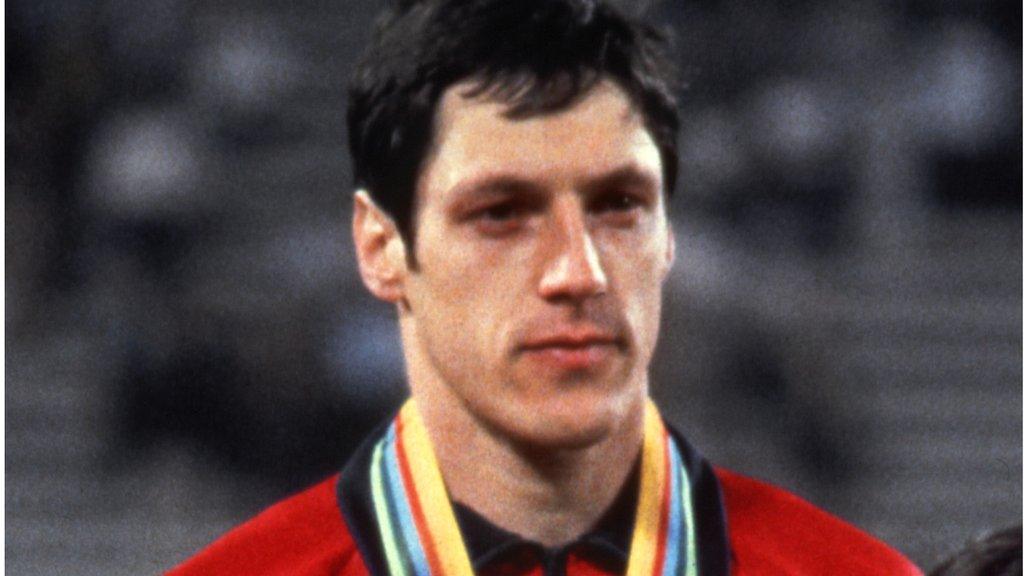Scottish football and rugby face doping allegations
- Published
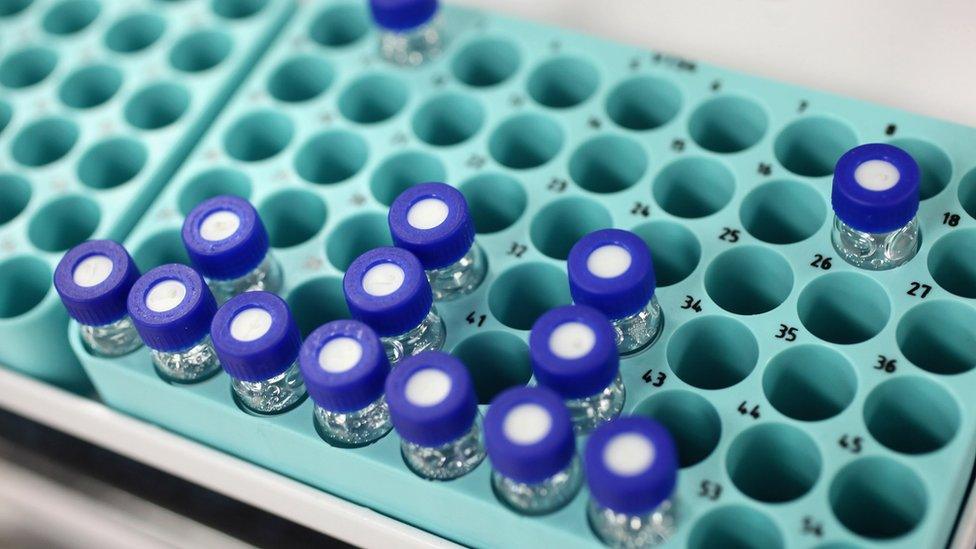
A former athlete has claimed he knew of Scottish rugby players and footballers who doped in the 1980s.
The allegation by Drew McMaster follows a Sunday Times investigation, external into the use of performance-enhancing drugs among elite athletes
The Commonwealth gold medallist, who has admitted taking steroids, made the claims on BBC Radio Scotland.
He said "at least four" rugby players and two Edinburgh footballers took drugs.
He told interviewer John Beattie that the former Scotland rugby international would have known four drug users from his playing days.
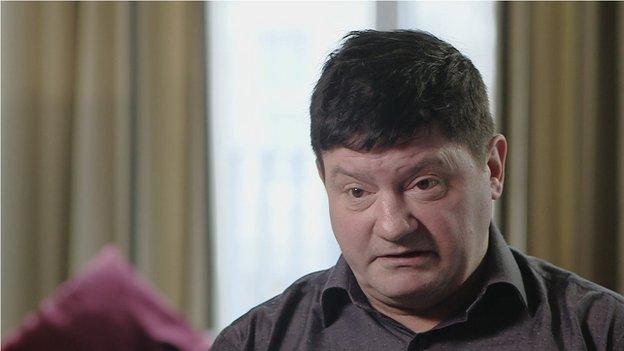
Drew McMaster won relay gold alongside Wells at the Commonwealth Games in Edmonton in 1978
Explaining why athletes turn to drugs, Mr McMaster added: "You're single-minded to do everything you can to better yourself within that sport.
"The higher you go up that tree, the more competitive it gets.
"When you're competing at a Commonwealth or world stage... to reach that level and maintain that level you will do anything that you can to basically win.
"That is your state of mind as you come up the ranks because you start off from a certain level and as you go through the various levels to achieve and be successful, you get hungrier and hungrier and hungrier to be successful.
"Therefore the temptation that's put in your way as it were, and you find that it's all around you... over a period of time you do get drawn in."

Doping in sport
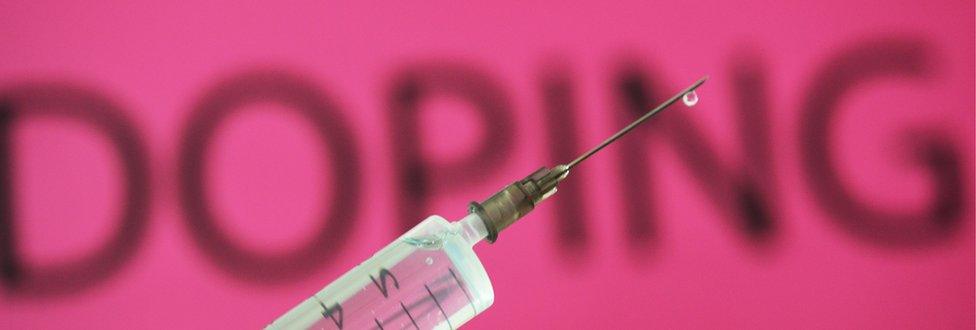

He said that he believes very little has changed in sport since the 1980s.
"The only thing that's changed in a large way is the amount of money that's now involved," he added.
"People are prepared to take big risks where there's big money."
Mr McMaster won Commonwealth gold in the 4 x 100m relay alongside Allan Wells as part of the famous flying Scotsman quartet.
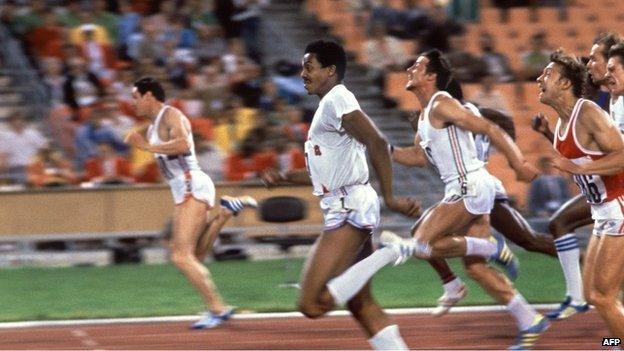
Allan Wells beat Cuba's Silvio Leonard to first place in the 100m at the Moscow Olympics in 1980
Last year he claimed he had secretly recorded conversations with Jimmy Ledingham, the Great Britain team doctor and an Edinburgh GP, who had apparently admitted supplying Wells with steroids.
Allan Wells has strenuously denied the allegations.
In a statement from his lawyer when the claims were made, he said: "It is denied that any drugs were provided by Dr Jimmy Ledingham.
"It is not true our client had used any banned performance drugs… at any… time in his athletics career."
He has previously criticised his former colleague, saying: "The truth is, McMaster turned to steroids because I started beating him - and I was not using drugs."
Meanwhile, Sir Craig Reedie, the president of the World Anti-Doping Agency (Wada), called on athletes to blow the whistle on cheats in sport.
He said the UK Anti-Doping agency (Ukad), needed full regulatory powers to investigate drug use among sportsmen and women.
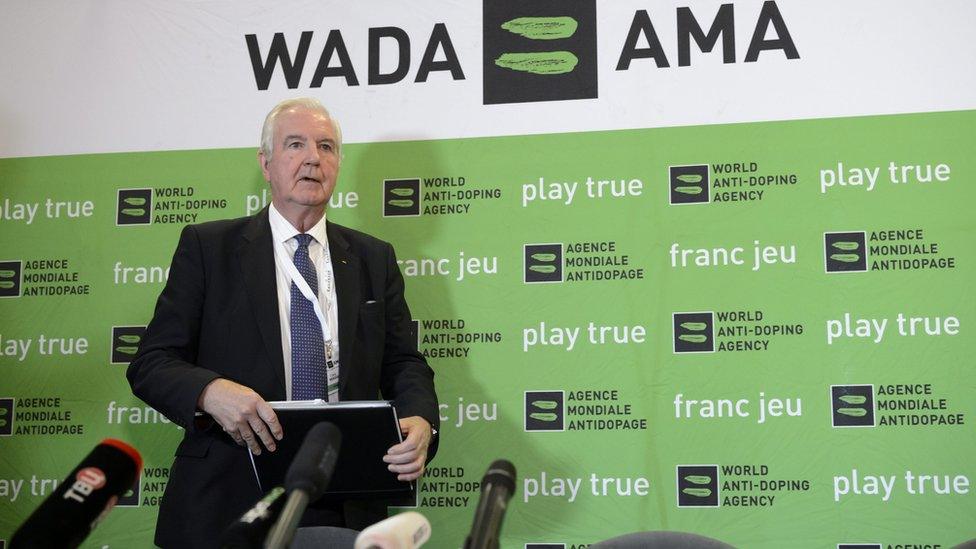
Wada president Sir Craig Reedie said the organisation could not dictate legislation to governments
He added: "It helps greatly if the Ukad actually know what's going on. There's a whistle-blowing line attached to their offices in London.
"If athletes or anybody else has knowledge of this behaviour, whether it's doctors, whether it's other athletes, then they need to tell them. Ukad need to know and that will help them deal with the issues."
Sir Craig said Wada could not tell national governments to introduce anti-doping legislation but he added: "There are a number of countries which have legislation which affects doping in sport.
"Almost entirely that legislation is directed to the athletes' entourage - it's to coaches, it's to doctors, it's to other people around the athlete. And Wada is 100% in favour of that type of legislation."
Earlier this year BBC Sport revealed that only eight drugs tests were conducted in Scottish football over a nine-month period between April and December 2015. There were 1,583 tests in English football over the same period.
- Attribution
- Published3 April 2016
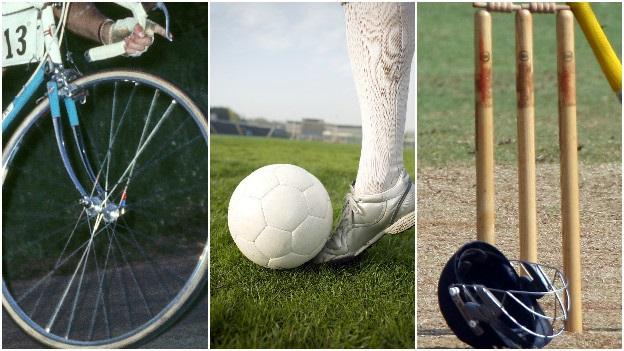
- Attribution
- Published3 April 2016
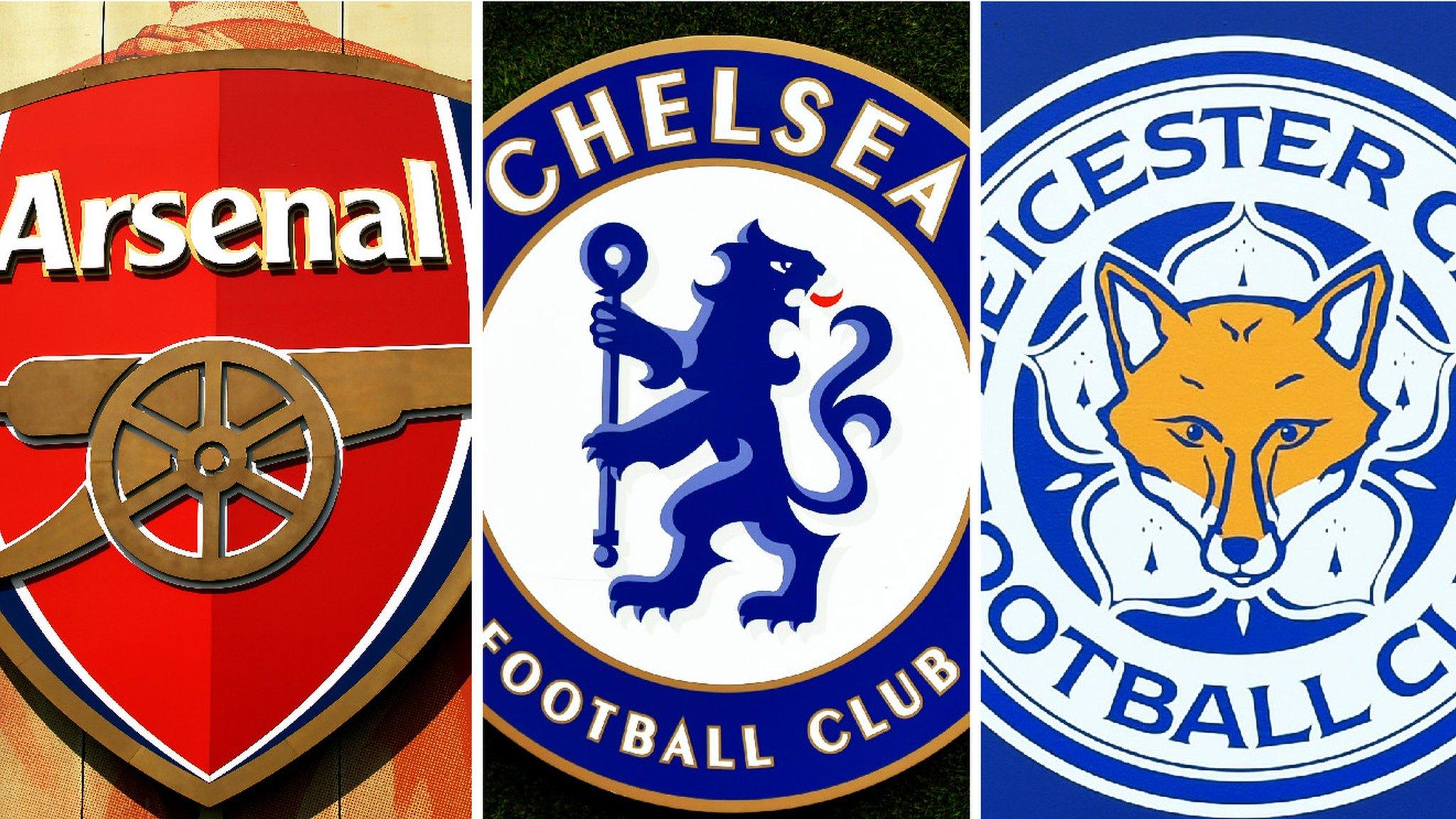
- Published5 June 2015
